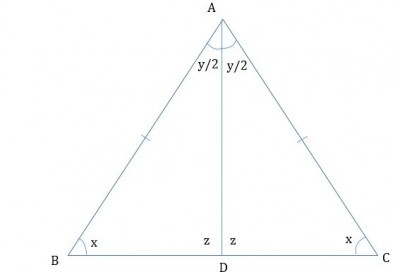Events & Promotions
| Last visit was: 26 Apr 2024, 16:18 |
It is currently 26 Apr 2024, 16:18 |

Customized
for You
Track
Your Progress
Practice
Pays
11:00 AM EDT
-12:00 PM EDT
11:00 AM IST
-01:00 PM IST
01:00 PM EDT
-11:59 PM EDT
12:00 PM EDT
-01:00 PM EDT
03:00 PM PDT
-04:00 PM PDT
08:00 PM PDT
-09:00 PM PDT
05:30 AM PDT
-07:30 AM PDT
11:00 AM IST
-01:00 PM IST
12:00 PM PDT
-01:00 PM PDT
12:00 PM EDT
-01:00 PM EDT
Difficulty:


 95%
(hard)
95%
(hard)
Question Stats:
24% (01:56) correct 76%
(02:18)
wrong
76%
(02:18)
wrong  based on 174
sessions
based on 174
sessions
File comment: Does angle bisector extends 90 degree on the hypotenuse
IMG_20150525_153013_AO_HDR.jpg [ 1.33 MiB | Viewed 6585 times ]



|
|
||
|
Hi Generic [Bot],
Here are updates for you:
ANNOUNCEMENTS
Tuck at Dartmouth
|